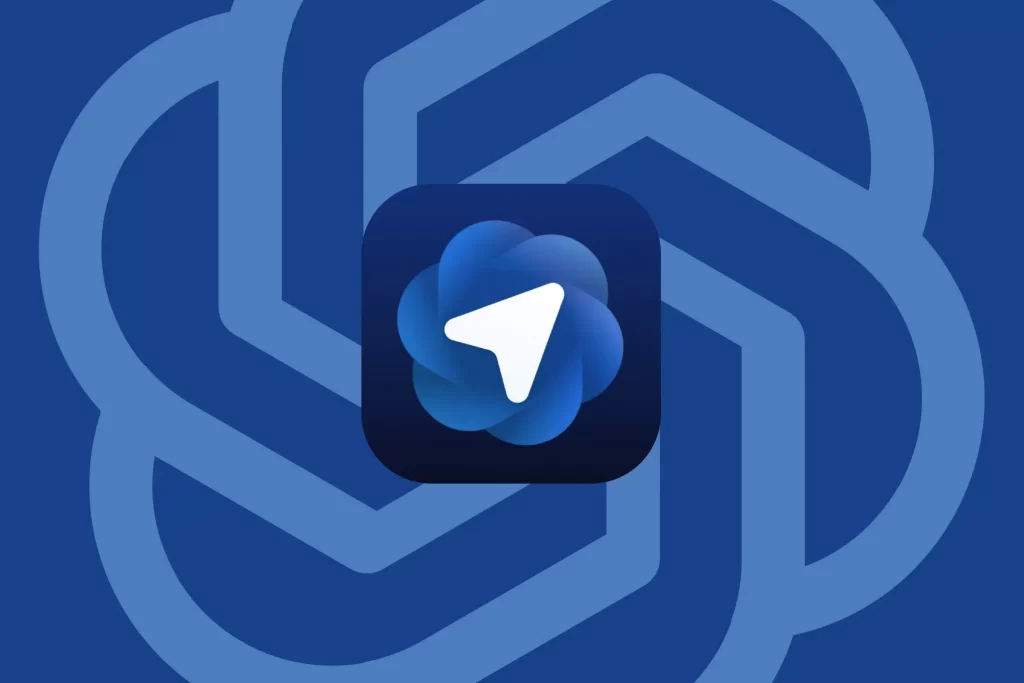OpenAI Launches ChatGPT Atlas to Rival Google Chrome

OpenAI has introduced its own web browser — ChatGPT Atlas — “built with ChatGPT at its core.”
In a post on its website, the company disclose that the browser “takes us closer to a true super-assistant that understands your world and helps you achieve your goals.”
“With Atlas, ChatGPT can come with you anywhere across the web—helping you in the window right where you are, understanding what you’re trying to do, and completing tasks for you, all without copying and pasting or leaving the page. Your ChatGPT memory is built in, so conversations can draw on past chats and details to help you get new things done,” OpenAI said.
Since ChatGPT is at the core of Atlas, it comes with improvements when used in agent mode, that makes it faster and more useful by working with your browsing context. “It’s now better at researching and analyzing, automating tasks, and planning events or booking appointments while you browse,” the post stated.
ChatGPT Atlas is available worldwide on macOS for its Free, Plus, Pro, and Go users. Atlas is also available in beta for Business. The Windows, iOS, and Android versions will be released soon.
Competition with Google
Google Chrome leads the web browser market share with 71% as of September 2025, according to StatCounter. Ever since ChatGPT launched, Google has worked on, released and integrated its own AI model, Gemini into its Chrome. AI Assistant Perplexity recently released Comet, its own web browser.
The entry of AI into the web browser sector, according to some cybersecurity experts poses securit risks particularly with “prompt injection.”
“There will always be some residual risks around prompt injections because that’s just the nature of systems that interpret natural language and execute actions,” George Chalhoub, assistant professor at UCL Interaction Centre. “In the security world, it’s a bit of a cat-and-mouse game, so we can expect to see other vulnerabilities emerge.”